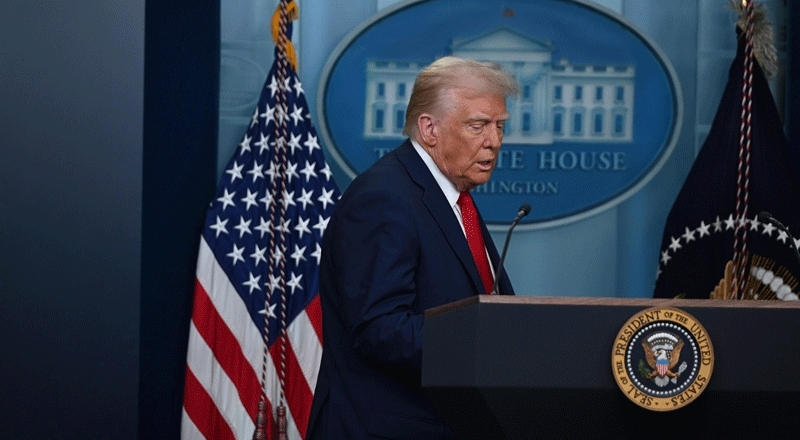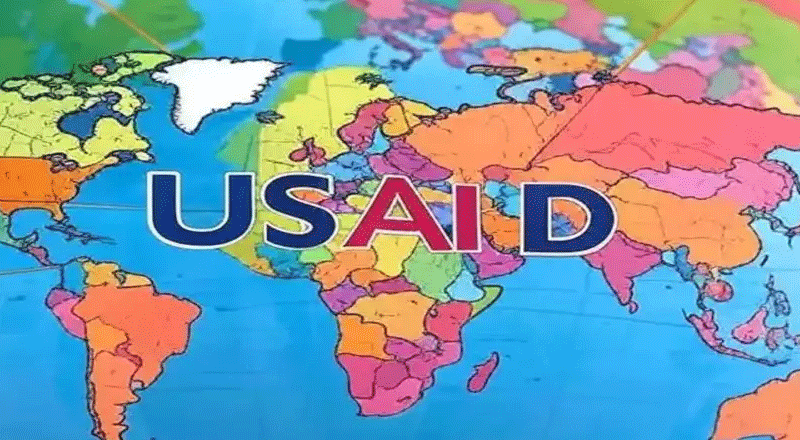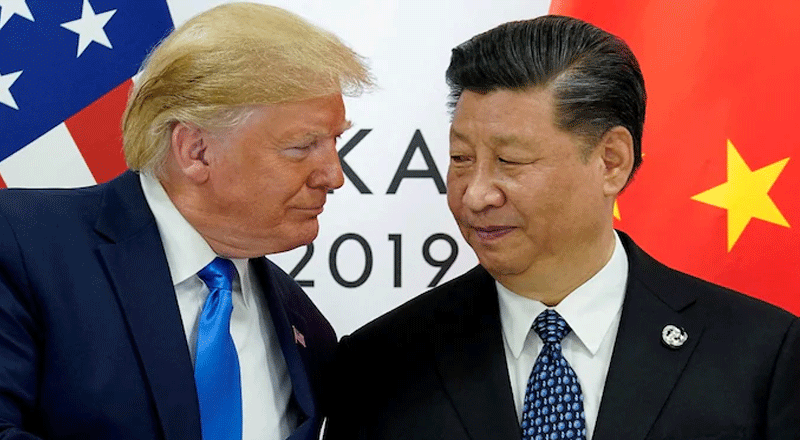- Russian President Vladimir Putin is slated to embark on a consequential two-day state visit to China this week.
- The Kremlin’s announcement of Putin’s trip, emphasizing that it was extended upon Xi Jinping’s invitation, signals a notable convergence of interests between Moscow and Beijing..
- As the geopolitical landscape evolves, both nations find themselves at odds with democratic nations and NATO, while actively seeking to expand their influence in various regions.
- Despite scrutiny from the West and characterizations of the current geopolitical climate as “unprecedented,” Russia and China are aligning their agendas on the world stage.
- Putin’s upcoming visit coincides with heightened tensions in the Asia-Pacific region, particularly with regards to Taiwan, as China asserts its claims over the self-governing island.
- Xi Jinping’s recent visit to Europe, strategically aimed at expanding China’s influence and undermining Western alliances, underscores the broader geopolitical maneuvers at play.
- As global dynamics continue to shift, the forthcoming meeting between Putin and Xi symbolizes a nexus of authoritarian power challenging the established world order.
Russian President Vladimir Putin is slated to embark on a consequential two-day state visit to China this week, marking a significant diplomatic engagement amid escalating global tensions. This forthcoming meeting, confirmed by the Chinese Foreign Ministry, underscores the deepening ties between two authoritarian regimes whose strategic partnership holds far-reaching implications for international relations.
The Kremlin’s announcement of Putin’s trip, emphasizing that it was extended upon Xi Jinping’s invitation, signals a notable convergence of interests between Moscow and Beijing. Despite facing scrutiny from Western powers and enduring characterizations of the current geopolitical climate as “unprecedented,” Russia and China are increasingly aligning their agendas on the world stage.
As the geopolitical landscape evolves, both nations find themselves at odds with democratic nations and NATO, while actively seeking to expand their influence in regions such as Africa, the Middle East, and South America. China’s vocal support for Russia’s stance on the conflict in Ukraine, echoing Putin’s claims of Western provocations without substantial evidence, underscores the solidarity between the two authoritarian powers.
Beyond rhetorical support, China’s material assistance to Russia’s war efforts, including the export of machine tools and electronics, further solidifies the strategic partnership between the two nations. Moreover, China’s status as a major energy market plays a pivotal role in sustaining the Kremlin’s economic stability, cementing their alliance in the face of Western sanctions and pressure.
The convergence of interests extends beyond economic and political spheres to encompass military cooperation, as evidenced by joint drills and China’s steadfast opposition to economic sanctions against Russia. Both nations are positioning themselves as alternative poles of power, challenging the dominance of Western alliances while vying for control in regions of geopolitical significance.
Putin’s upcoming visit coincides with heightened tensions in the Asia-Pacific region, particularly with regards to Taiwan, as China asserts its claims over the self-governing island. Xi Jinping’s recent visit to Europe, strategically aimed at expanding China’s influence and undermining Western alliances, underscores the broader geopolitical maneuvers at play.
As global dynamics continue to shift, the forthcoming meeting between Putin and Xi symbolizes a nexus of authoritarian power challenging the established world order. With geopolitical fault lines deepening and economic uncertainties looming, the strategic partnership between Russia and China emerges as a formidable force shaping the future of international relations. In this evolving geopolitical landscape, the implications of their alliance reverberate far beyond their respective borders, influencing the trajectory of global politics for years to come.
(With inputs from agencies





